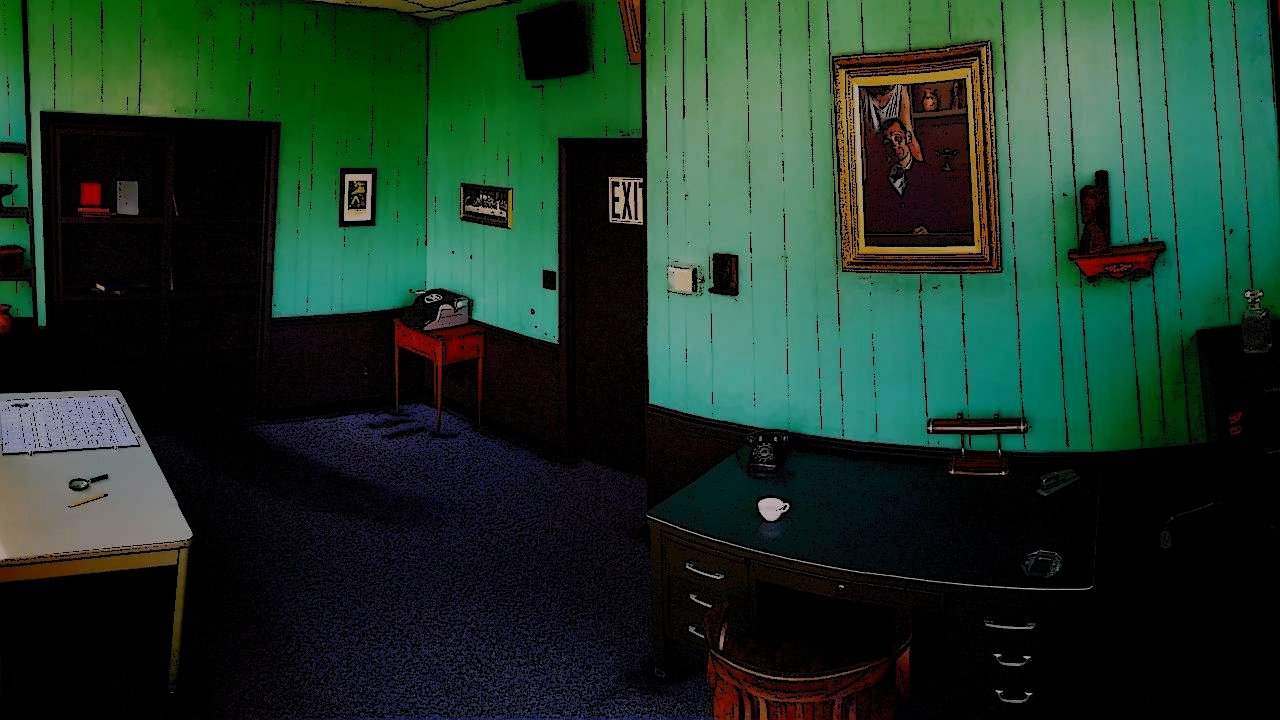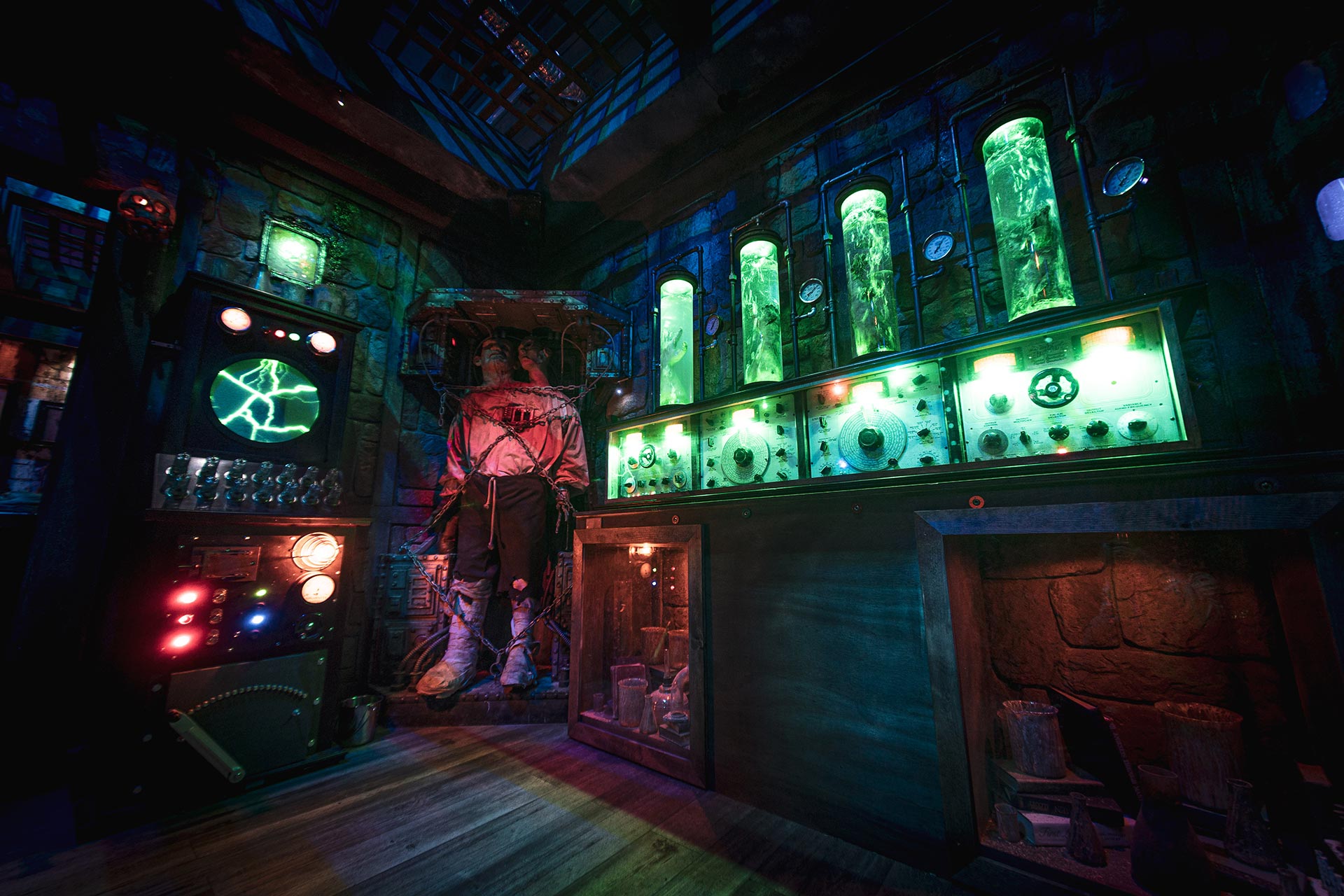Unlocking the Educational Perks of Escape Room Obstacles
Including getaway room obstacles right into educational frameworks offers an unique opportunity to boost essential thinking, promote team effort, and develop problem-solving abilities amongst students. By merging entertainment with education and learning, retreat areas not only increase trainee engagement but additionally prepare them for future obstacles, calling for strength and partnership.
Enhancing Critical Thinking
Getaway area challenges function as a appealing and vibrant tool for improving vital thinking abilities. These immersive experiences call for participants to resolve a collection of problems and riddles within an established timeframe, cultivating a setting where cognitive abilities are carefully examined and established. The nature of getaway rooms demands a methodical method to problem-solving, motivating people to assess details seriously, acknowledge patterns, and attract logical verdicts.
Participants in escape area obstacles are typically faced with complex troubles that call for innovative services, therefore advertising association of ideas. This sort of thinking is crucial for determining links in between seemingly unrelated ideas and for producing imaginative options. Furthermore, the pressure of a ticking clock adds an aspect of necessity, pressing participants to believe both rapidly and properly.
Additionally, escape area difficulties commonly incorporate a variety of puzzles that interest various cognitive strengths, such as sensible reasoning, spatial recognition, and mathematical skills. This diversity makes certain that individuals exercise a broad series of mental professors, which is essential to extensive cognitive growth. Essentially, escape rooms develop a revitalizing atmosphere that not only entertains yet likewise cultivates vital important thinking abilities, making them a useful instructional tool.
Promoting Team Effort
Collaborating successfully is a crucial component of success in getaway room difficulties, as these tasks inherently require cooperation amongst individuals. The organized atmosphere of a retreat area demands that people pool their varied skills, understanding, and point of views to address complicated troubles within a minimal duration. This collective strategy promotes an understanding of the significance of each team member's contributions, thereby enhancing social abilities and shared respect.

In addition, the interactive and immersive nature of getaway spaces offers a practical, hands-on experience that enhances academic ideas related to teamwork - escape room in orlando. It enables participants to exercise and fine-tune important soft abilities, such as management, active listening, and problem resolution. As a result, escape space challenges not just make discovering enjoyable yet likewise prepare students for future real-world circumstances where team effort is vital
Establishing Problem-Solving Abilities
Establishing problem-solving skills with getaway space obstacles uses a distinct and engaging technique for honing critical assuming abilities. These interactive atmospheres present participants with a series of complex puzzles and situations that require ingenious and analytical techniques to solve. By navigating these obstacles, individuals are urged to think outside the box, adapt rapidly to brand-new information, and apply sensible reasoning in real-time.
Getaway spaces simulate complex, real-world issues within a regulated setting, enabling individuals to exercise systematic analytical procedures. This entails identifying the issue, collecting pertinent information, producing prospective remedies, and evaluating these services to choose one of the most effective one. Such exercises are vital in professional and academic contexts, where structured analytical is an essential ability.
Moreover, escape rooms motivate participants to accept failing as a knowing possibility. The repetitive nature of attempting and modifying methods promotes strength and persistence, important characteristics for efficient issue solvers. This hands-on experience likewise improves cognitive versatility, allowing individuals to shift perspectives and approach problems from numerous angles.
Urging Energetic Discovering
Active discovering is substantially fostered via the immersive experience of getaway room obstacles. By integrating problems and tasks that straighten with curricular goals, retreat rooms oblige trainees to apply academic expertise in useful circumstances.
Furthermore, getaway space difficulties motivate partnership, vital reasoning, and imagination, all of which are important components of energetic discovering. Participants must interact effectively, intentional on possible services, and believe outside package to progress with obstacles. This dynamic atmosphere boosts intellectual curiosity and inspires trainees to discover various perspectives and methods.
Boosting Trainee Involvement
Involving trainees in the discovering process is vital her explanation for scholastic success, and run away area obstacles use a compelling service to this educational vital. These interactive experiences catch students' focus via immersive situations that demand active engagement, important thinking, and collaboration. Unlike traditional class techniques, escape areas change discovering into a vibrant process where pupils are not active problem-solvers but easy recipients.
The hands-on nature of retreat space difficulties fosters a feeling of urgency and exhilaration, which can dramatically improve pupil motivation. When students are taken part in a storyline that requires them to resolve puzzles and get rid of obstacles, they are more probable to spend effort and excitement into the discovering tasks. This heightened involvement can lead to much deeper understanding and retention of the product, as trainees are needed to use their knowledge in real-time circumstances
Moreover, the collective facet of escape spaces advertises synergy and communication abilities. Students should collaborate, share ideas, and take advantage of each various you can try this out other's toughness to succeed. This not only improves specific involvement but also develops a natural understanding area. Integrating escape room challenges into educational settings can be a powerful strategy to elevate student engagement and drive academic achievement.
Conclusion

Incorporating retreat space challenges right into instructional frameworks presents an one-of-a-kind possibility to improve crucial reasoning, promote teamwork, and create analytical skills amongst trainees. As an outcome, getaway room tests not only make finding out satisfying but additionally prepare trainees for future real-world scenarios where team effort is essential.
Involving trainees in the learning procedure is crucial for scholastic success, and leave area difficulties offer an engaging service to this instructional necessary. Integrating retreat room obstacles into instructional settings can be a powerful strategy to boost student engagement and drive academic success.
The dynamic nature of getaway spaces efficiently outfits students with essential abilities for academic and real-world success, ultimately enhancing the instructional experience and preparing students for future difficulties.